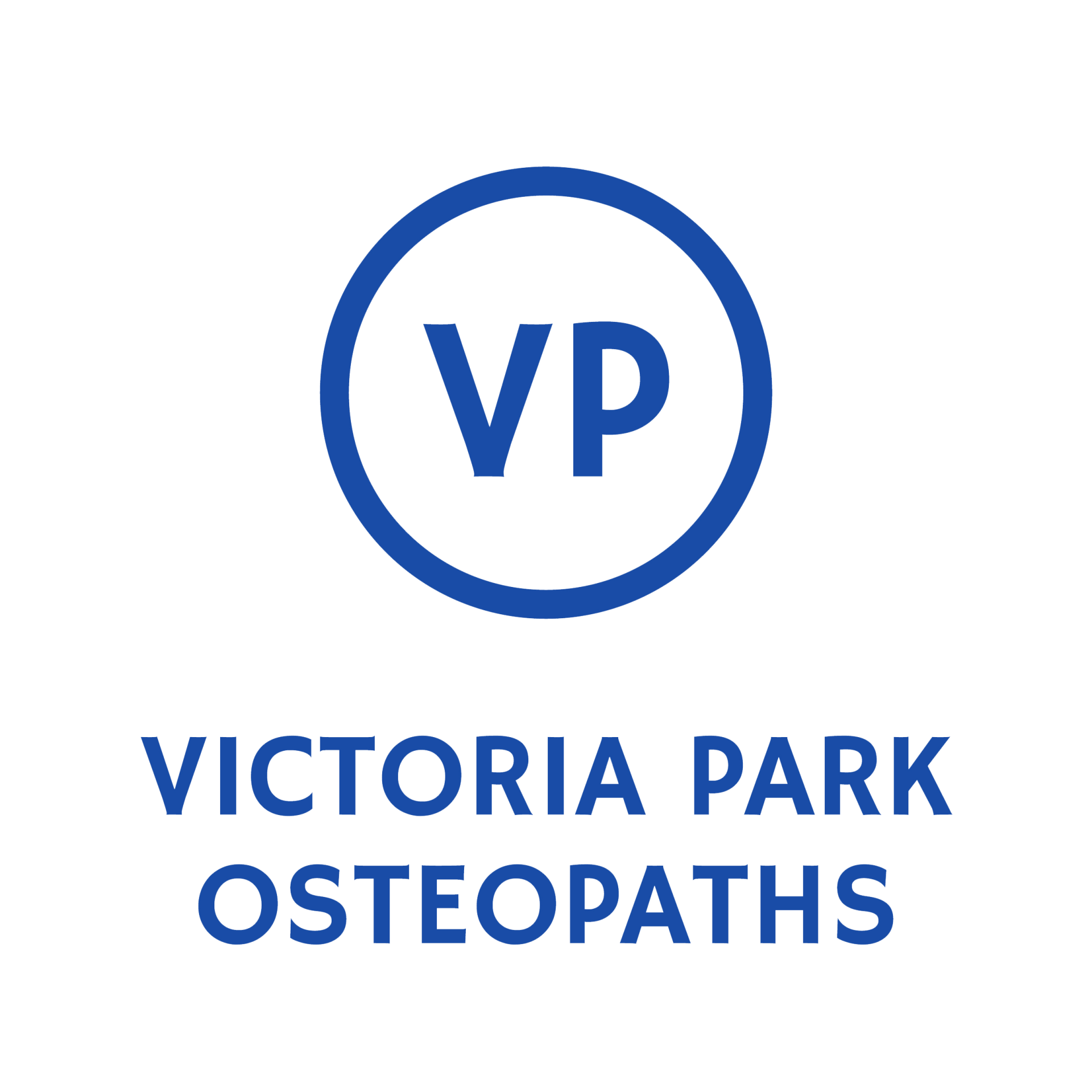What is Rotator Cuff Tendinopathy?
The rotator cuff is a group of four muscles and their tendons that surround the shoulder joint and help stabilise and move the arm. Rotator cuff tendinopathy occurs when one or more of these tendons (commonly the supraspinatus) become irritated, overloaded, or degenerated over time.
It may develop gradually through repetitive use, or as part of age-related changes, and is one of the most common causes of shoulder pain.
Symptoms & What You May Experience
You may notice:
- Aching or sharp pain in the front or side of the shoulder
- Pain when lifting the arm, especially above shoulder height
- Discomfort reaching behind the back (e.g. fastening clothes)
- Weakness or fatigue when lifting or holding objects
- Night pain, particularly when lying on the affected side
- Stiffness or reduced range of movement
- Pain that builds with repetitive activity (sports, manual work)
Sometimes symptoms overlap with subacromial impingement or bursitis.
What causes Rotator Cuff Tendinopathy?
Common contributing factors include:
- Repetitive overhead activity (e.g. swimming, gym work, painting)
- Poor shoulder blade or postural mechanics
- Age-related tendon changes or reduced blood flow
- Muscle imbalance or weakness around the shoulder and upper back
- Shoulder joint stiffness or previous injury
- Poor thoracic spine mobility
- Sudden increases in training or workload
How We Help (At Victoria Park Osteopaths)
Treatment aims to reduce irritation, improve mechanics, and restore tendon health:
- Soft tissue therapy to shoulder, upper back, chest, and arm muscles
- Joint mobilisation of the shoulder, neck, and thoracic spine
- Progressive strengthening of the rotator cuff and scapular stabilisers
- Postural correction and movement retraining
- Stretching and mobility work for tight structures
- Advice on activity modification and pacing
- Guidance on home rehab exercises and ergonomics
Where appropriate, we may also use adjunctive therapies such as taping or acupuncture.
Recovery Time & What to Expect
- Mild cases: 4–6 weeks
- Moderate or longstanding cases: 3–6 months
- Degenerative tendinopathy may need long-term strengthening support
- Early intervention reduces the risk of tear progression
Commitment to loading and strengthening exercises is key to recovery.
When to Seek Medical Review / Red Flags
Further medical assessment may be advised if:
- There is sudden weakness after an injury (suspected tear)
- You experience severe night pain that doesn’t settle
- The shoulder becomes stiff or frozen
- There is no improvement after a structured rehab period
- You notice swelling, redness, or temperature changes
In such cases, imaging or referral to a shoulder specialist may be appropriate.


